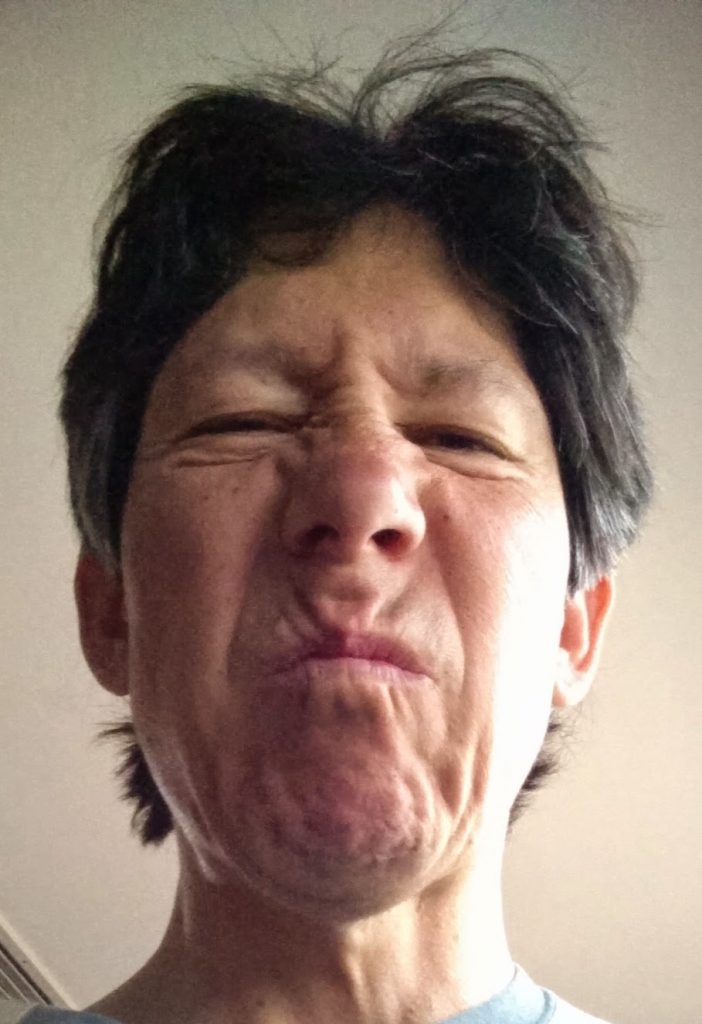
As a response to the needs of the elderly, numerous organizations, philanthropists, and religious sects have come up with the idea of revitalizing the retirement homes all over the United States. These days, when anyone speaks of retirement homes, the picture of quiet, clean, active, and spacious residences come to mind. Employees in these retirement homes are very pleasant and aim to serve the senior population the best way they can. There are even collections of retirement homes called retirement communities where the elderly could function the way they would in an ordinary community. Retirement homes today offer local markets, stores, and even jobs to the retirees. Primary care providers will not have any problems with the amenities and the safety of their elderly loved ones when they relocate them in such institutions.
Retirement home grease trap smells used to be a problem in the old retirement homes. It may be caused by a lack of maintenance due to insufficient funding. The smells waft through the entire retirement home area, making it difficult for everyone to go on with their daily lives. Employees resign or project their frustrations onto the retirees because of such an environment. Preventing retirement home grease trap smells is truly one of the primary tasks in institutions like this.
The grease ordinance mandates the owners of the retirement homes today to install grease traps within their areas of operation. They should make sure that there are legal permits issued to these traps so that the City Sewer Department could inspect them on a regular basis. The owners should also maintain and monitor the traps regularly to make sure that they have the traps pumped out before they overflow with FOG.
Retirement home kitchens work daily to provide healthy meals to the retirees. They are the main sources of FOG in these institutions. Those who work in the retirement home kitchens should be vigilant in keeping the FOG levels in grease traps at a very low minimum. They should manually scrape off the grease from the dishes and the cooking equipment used. They should then place the collected grease in sealable containers for proper disposal. The sinks used for washing should have drains that are fitted with fine meshes or strainers to catch the grease and food particles so that they won’t enter the grease trap anymore.
The cause of retirement home grease trap smells can either be the trap itself if unmaintained or the backed up untreated effluent. It’s very depressing to experience the foul smells in such an established institution. The best additive to use here is the bacteria-based one. Bacteria are very primitive microorganisms that are programmed to eat and reproduce. They eat so that they could survive and proliferate. More food for them means more generations of bacteria. Bacteria work fast to digest the FOG and the solid waste materials. Upon application, they also get rid of the retirement home grease trap smells. The grease trap is practically odorless once the bacteria are done with it. The owners of retirement homes should not be worried about the environment’s welfare when they use bacteria. These organisms have no chemical discharges that pollute. Bacteria are truly very helpful and are considered the best means to control retirement home grease trap smells.
